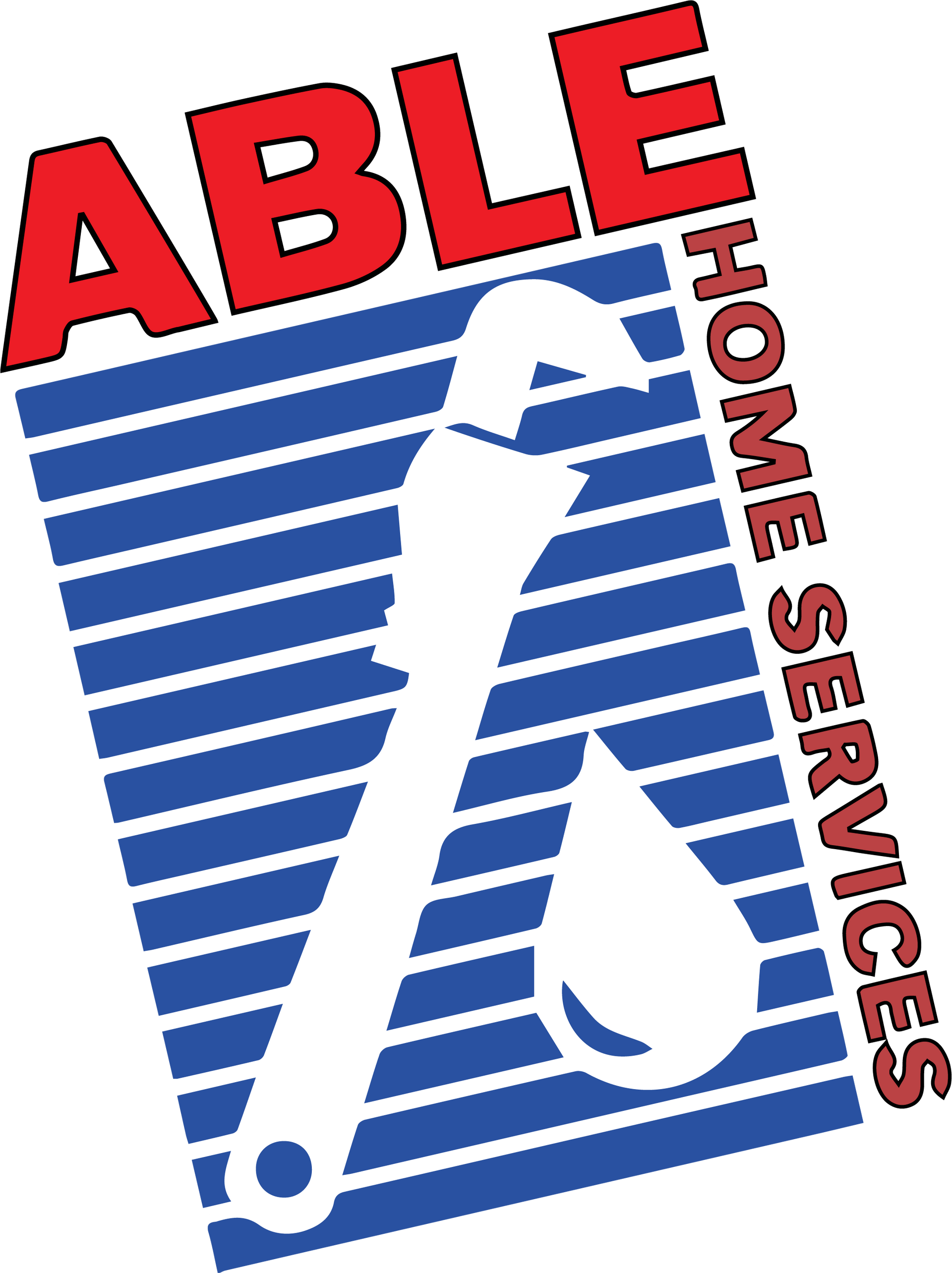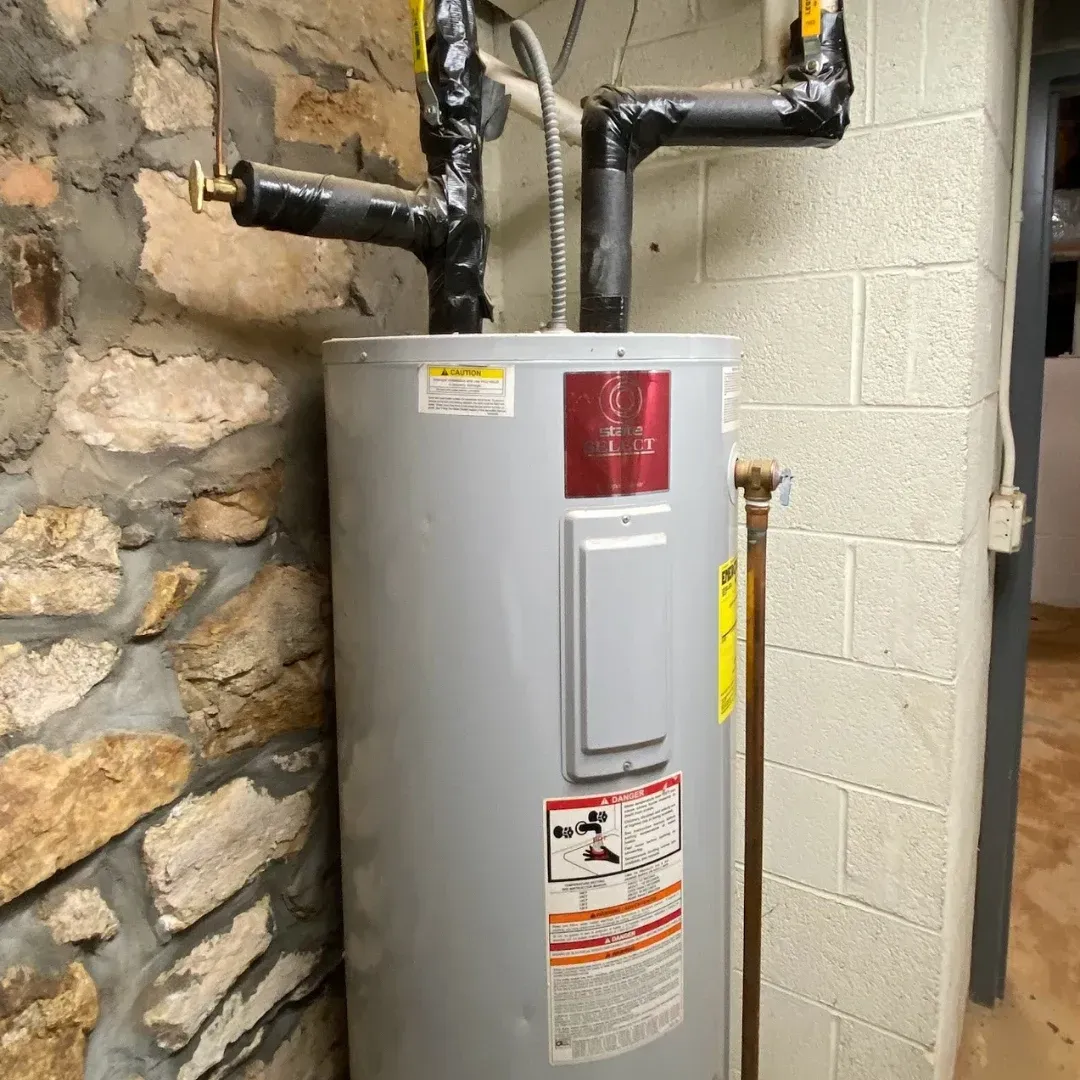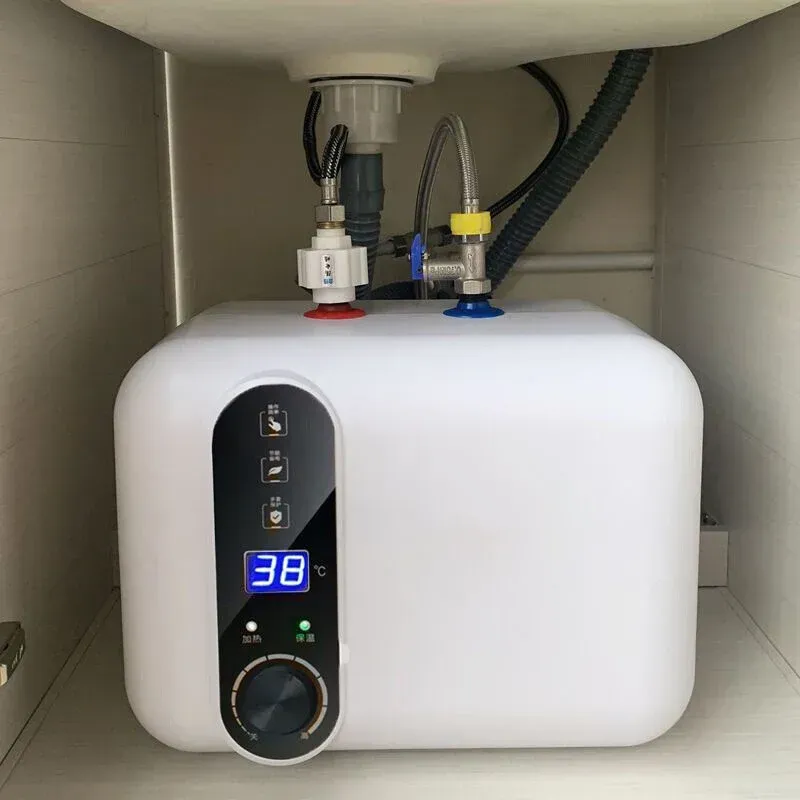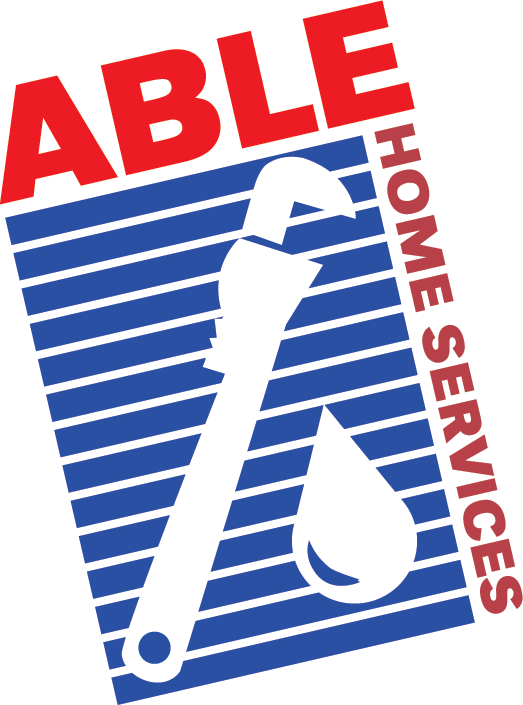
You'll Be Glad You Called Us First!

Electric Water Heaters
Get the Service You Want and Need!
Electric Water Heaters: A Guide to Efficient Hot Water Solutions
Electric water heaters are a staple in many homes, providing a reliable source of hot water for bathing, cooking, and cleaning. Favored for their simplicity, safety, and ease of installation, electric models can be an excellent choice for households without access to natural gas or those seeking an alternative energy source for heating water. This article explores the features, benefits, and key considerations of electric water heaters, helping homeowners understand what to look for when selecting an efficient and effective water heating solution. For electric water heater installation or maintenance, the experts at Able Home Services are ready to help you.
We include great service guarantees on all our work as well.

Benefits of Electric Water Heaters-
- Simplicity and Safety: Electric water heaters eliminate concerns about gas leaks or combustion, offering a safer operation. They also don't require venting nor the safety codes that involve proper ventilation for other water heaters.
- Ease of Installation: Without the need for gas lines or venting, electric heaters can be installed in a wider range of locations within a home. This flexibility sometimes can result in lower installation costs compared to gas heaters.
- Efficiency and Cost-effectiveness: Many modern electric water heaters are designed with efficiency in mind, featuring insulation, heat pumps, or tankless technology to minimize energy consumption. While electricity rates may be higher than natural gas in some areas, the overall efficiency of these units can offset operational costs especially if the homeowner has ample solar panels.
Types of Electric Water Heaters-
- Storage Tank Water Heaters: The most common type, these heaters use an insulated tank to store and heat water. Available in various capacities, they're suitable for households with varying hot water needs.
- Tankless (On-demand) Water Heaters: Electric tankless water heaters heat water directly without the use of a storage tank, providing hot water only as it is needed. This can lead to energy savings by eliminating standby heat loss associated with storage tanks. That being said, these models usually have specific requirements for where they can be plugged in and can increase the costs of installation.
- Heat Pump Water Heaters: These highly efficient units use electricity to move heat from the air or ground to heat water, using significantly less energy than traditional electric heaters. They're best suited for climates where they can operate efficiently year-round.
Key Considerations When Choosing an Electric Water Heater
- Capacity and Demand: Assess your household's peak hot water usage to determine the appropriate size for a storage tank model or the necessary flow rate for a tankless system.
- Energy Efficiency: Look for models with high Energy Factor (EF) ratings or those certified by ENERGY STAR for the best efficiency and potential savings on utility bills.
- Installation Requirements: Consider the electrical requirements of the water heater, including voltage and amperage. Some models, especially tankless ones, may require upgrades to your home's electrical system.
- Cost: Evaluate the upfront cost against long-term savings. While some high-efficiency electric models may have a higher initial price, reduced energy consumption can result in lower operating costs over time, especially if the homeowner has ample solar panels.
- Rebates and Incentives: Research local incentives or rebates for purchasing energy-efficient electric water heaters, which can help offset the initial investment.

Final thoughts on uses for electric water heaters
Electric water heaters offer a versatile and safe option for providing hot water in homes. Whether you choose a traditional storage tank model, a tankless water heater for on-demand use, or an energy-efficient heat pump system, understanding your household's needs and the unique features of each type of heater will guide you to the best choice. With proper selection and maintenance, an electric water heater can provide a cost-effective and efficient hot water solution for years to come.
The Master Plumbers at Able Plumbing are trained to the highest standards, friendly, courteous, and most of all, committed to keeping your home, facility, or business in great repair and safe. We are fully licensed, bonded, and insured. We offer a great service guarantee and convenient hours for all your plumbing needs!!
Plumbing Services
Have a question or comment? Let us know.
Telephone:
Email us:
Home Office:
551 Country Drive Ste 150
Chico, CA 95928
Contractors License:
CA License #627760 Bonded and Insured
Have a question or comment? Let us know.
Telephone:
Email us:
Home Office:
551 Country Drive Ste 150
Chico, CA 95928
Contractors License:
CA License #627760 Bonded and Insured
Able Home Services
Privacy & Terms
